Earth
-
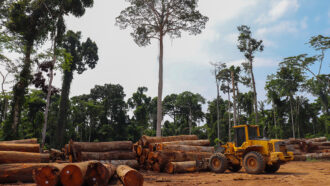 Ecosystems
EcosystemsScientists Say: Deforestation
Trees slurp up carbon dioxide and help keep our planet cool. But deforestation cuts those trees down in large numbers.
-
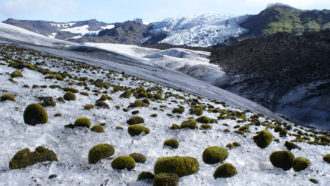 Earth
EarthOn an Alaskan glacier, little green moss balls roll in herds
Oval balls of moss, nicknamed ‘glacier mice,’ roll across some glaciers. A new study explores the mysteries behind their herd-like motion.
By Beth Geiger -
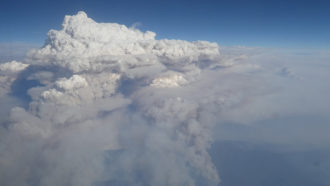 Environment
EnvironmentAustralian wildfires pumped smoke to record heights
Wildfires in Australia in late December and early January spurred an unusual smoke plume that still hasn’t fully dispersed.
-
 Ecosystems
EcosystemsLet’s learn about coral reefs
Coral reefs are home to many important species. But climate change is stressing corals to the max.
-
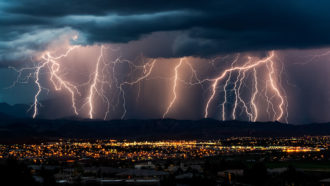 Earth
EarthLightning megaflashes set big new distance and duration records
Scans of satellite images identified two lightning bolts with previously unheard-of dimensions. Both flashed through the skies over South America.
-
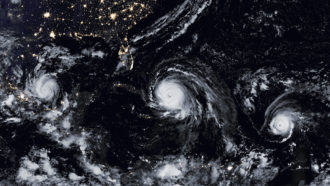 Environment
EnvironmentLet’s learn about hurricanes
Hurricanes are huge, terrifying storms that form over warm ocean waters — and waters are getting warming.
-
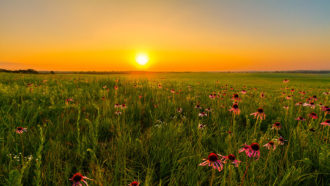 Ecosystems
EcosystemsScientists Say: Prairie
Prairies are flat, fertile grasslands in North America. They are their own unique ecosystem.
-
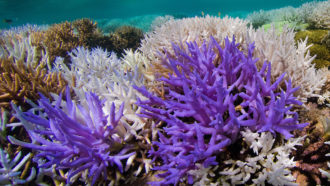 Oceans
OceansGoing bright may help corals recover from bleaching
When some corals bleach, they turn neon colors. Flashy hues may be part of a response that helps these corals recover and reunite with their algae.
-
 Health & Medicine
Health & MedicineDeadly heat: Expected by century’s end, it’s here already
Instances of hot and humid conditions that threaten human lives are on the rise.
-
 Environment
EnvironmentLet’s learn about rain
People need rain for their crops and their drinking fountains. But there sometimes can be too much of a good thing.
-
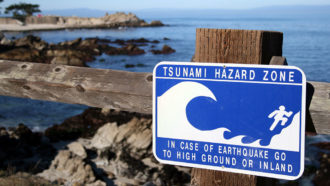 Oceans
OceansScientists Say: Tsunami
This is a series of ocean waves triggered by an underwater earthquake or volcano. The event starts as small waves, but those waves can grow as they approach land.
-
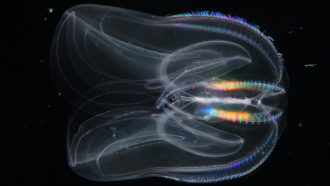 Animals
AnimalsWhen prey get scarce, these jellies become cannibals
Invasive comb jellies may feast on their larvae if massive population booms in summer deplete their prey.